Last semester, I was scrolling through the class list of offered classes that I could take for fall. As it was in alphabetical order, I came upon anthropology fairly quickly. A class that has a mix of science and history could be fun! It was just as exciting as I anticipated, but it also made me look at the world in a new light.
1. Race is a spectrum.
Skin color is literally influenced by how close a population is to the equator. Hotter environment invokes a darker skin tone, which only makes sense. Separate races really are not a thing because race is a spectrum that fluctuates naturally as one goes to and from the equator.
Race was actually established in the United States as a construct due to (wait for it...) slavery. Classes had previously been determined by wealth, but race was constructed in America to ensure that the enslaved labor force stayed as a permanent lowest class due to their skin color.
2. A third gender has actually already been conceptualized in several different cultures.
While being transgender has only recently become acceptable in history, it has been termed as a third gender and accepted in many diverse cultures for years. Historically, these people living as a third gendered person have typically been born males who fall either off of the binary or shift towards the feminine side of the spectrum.
Transgenderism, as it turns out, has been around for a lot longer than it has gotten press coverage.
3. Languages are dying as fast as one in every 14 days.
It's mind boggling to think of how many languages there have been in human history. This becomes even more mind boggling when one comes to think of the effects of globalizing languages.
Some of the first dying languages that may come to mind are the languages of the Native Americans. These languages have sometimes fallen out of use due to the Native American genocides via European weapons and diseases.
Other languages we spoke about in studying anthropology included Chulym, a native Siberian language discontinued by the normalized Russian language and another language called Sora in India discouraged by traditional schooling. We learned that oftentimes that these languages were only spoken by the oldest generations of these cultures and that teaching the language was a struggle for both the learned and the young.
As a result of the rarity of speakers of these languages, some languages go "extinct," which means that there are no living speakers of these languages left. Many languages today only have one to a few living speakers, and since they are in danger of going extinct, just like a species they are hence termed endangered.
4. Caucasian is an outdated and inaccurate term.
As there is actually an area between the Black Sea and the Caspian Sea called the Caucasus, and Caucasian implies that anyone termed as such is from this area. Since Caucasian is often used as a synonym for anyone with a lighter skin tone ("white"), this would imply that white people originate from the Caucasus.
This misconception started in the 18th century with Johann Friedrich Blumenbach. He was an early German anthropologist and he suggested the division of mankind into five races: Caucasian, the white; Mongolian, the yellow; Ethiopian, the black; Malayan, the brown; American, the red.
As the map above shows, this is just not true. Skin color diversified with natural selection to have more melanin in the sun and less with less sun. In fact, we're really all just varying shades of brown to tan to white.
Some have also propogated eugenics: essentially a racist scientific outlook. Eugenic theories propose that humans are actually so different that we're close to being different species, which is far from true. We can and have interbred between different skin colors and will continue to do so for as long as we exist. Part of the evidence for this is differing skull shapes, but this is not true either. More differences between the skull shapes and parts of female and male skulls exist than those between races.
5. Agriculture was not a cohesive movement, but evolved independently in different parts of the globe.
The origin of agriculture is quite the complex subject. Many have questioned why mankind even moved to agriculture given the decreased health benefits and the wrecking of egalitarian social structures that were included with a nomadic lifestyle.
One thing we now know is that agriculture arose independently as people sought a stable source of food. Agriculture also allows for a higher population and for some people to do something other than constantly fulfill their nutritional needs (now known as specialization). Agriculture likely arose independently as females (largely in charge of collecting the flora instead of hunting the fauna) started using stabilized, seasonal food.
6. Before the Columbian Exchange, the only animal easily susceptible to domestication in South America was the llama and its cousin the alpaca.
The ancient ancestors of the llama and alpaca are called vicuñas and guanacos. These beasts of burden were good both because they could be beasts of burden and they were also easily manipulated population-wise. Vicuñas and guanacos were bred for thicker wool and for overall strength as well. Their wool was sheared for clothes and they were used to trade and travel long distances (including across the Andes).
Enjoy these pictures of the derpy camelids of South America.

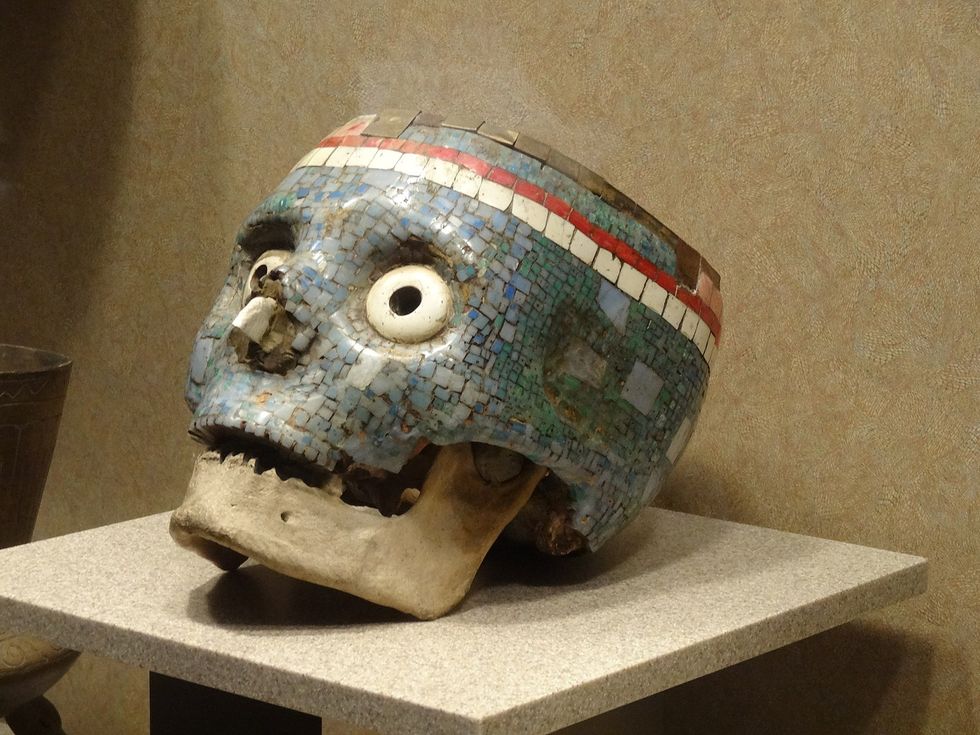
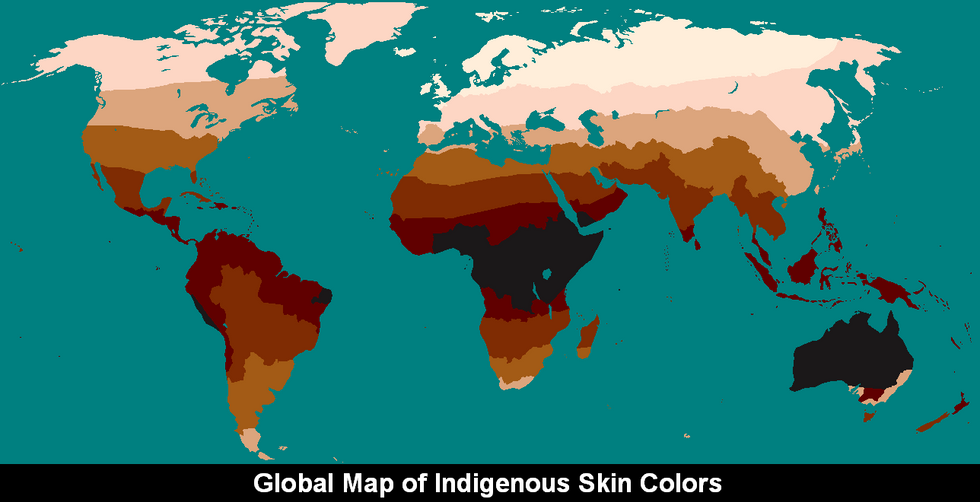
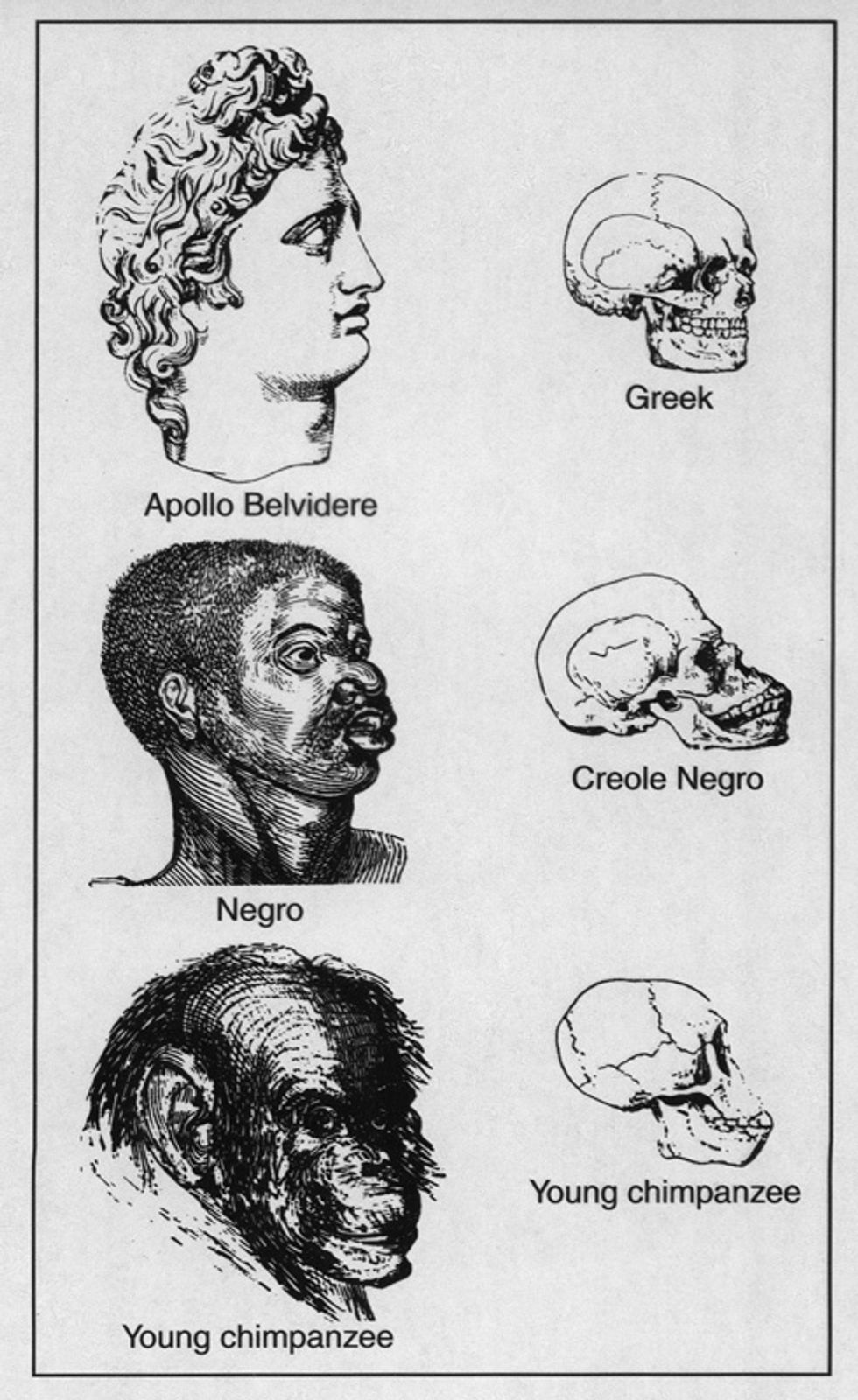
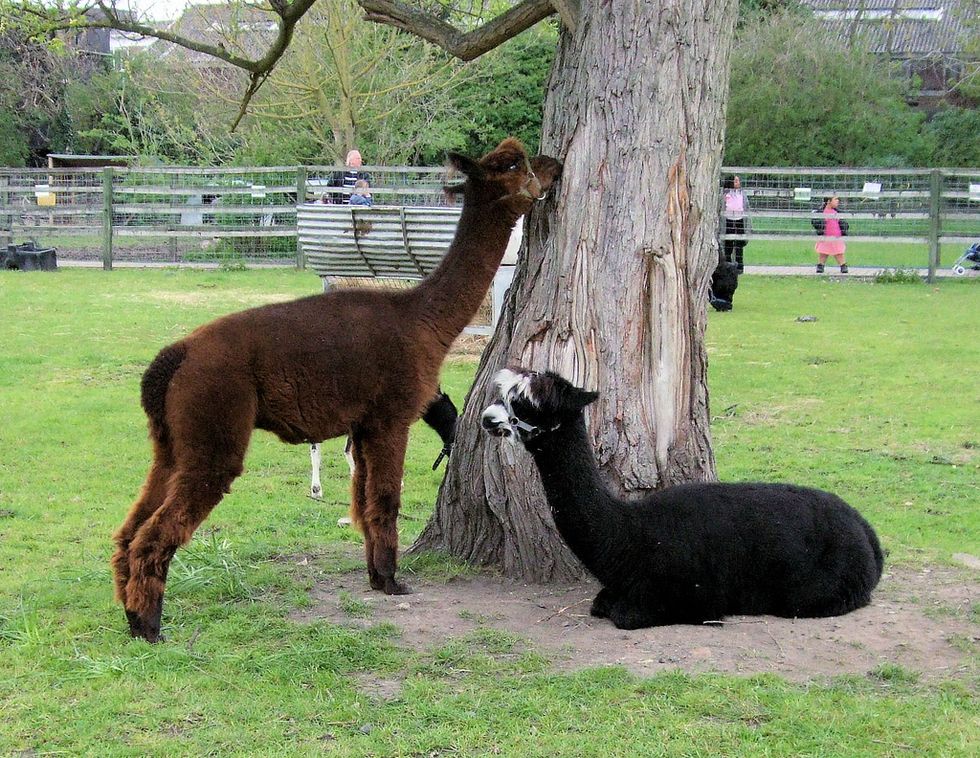
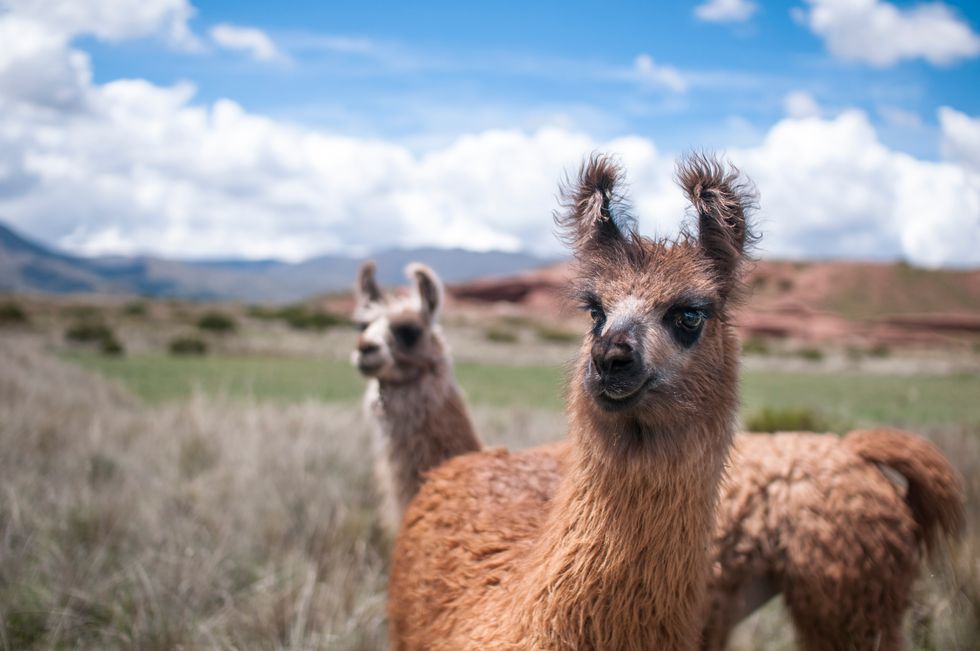
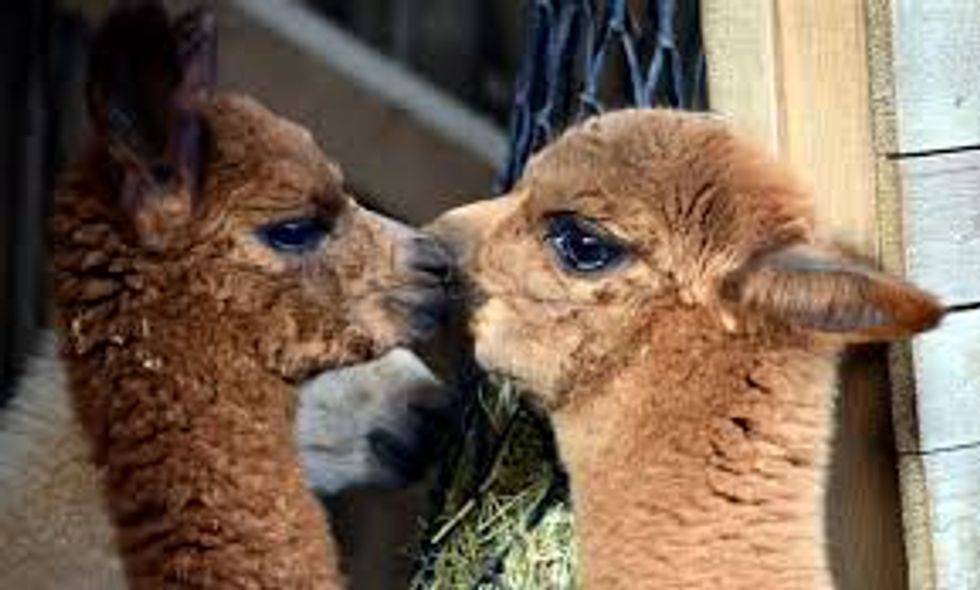



 Going to the cinema alone is good for your mental health, says science
Going to the cinema alone is good for your mental health, says science












 women in street dancing
Photo by
women in street dancing
Photo by  man and woman standing in front of louver door
Photo by
man and woman standing in front of louver door
Photo by  man in black t-shirt holding coca cola bottle
Photo by
man in black t-shirt holding coca cola bottle
Photo by  red and white coca cola signage
Photo by
red and white coca cola signage
Photo by  man holding luggage photo
Photo by
man holding luggage photo
Photo by  topless boy in blue denim jeans riding red bicycle during daytime
Photo by
topless boy in blue denim jeans riding red bicycle during daytime
Photo by  trust spelled with wooden letter blocks on a table
Photo by
trust spelled with wooden letter blocks on a table
Photo by  Everyone is Welcome signage
Photo by
Everyone is Welcome signage
Photo by  man with cap and background with red and pink wall l
Photo by
man with cap and background with red and pink wall l
Photo by  difficult roads lead to beautiful destinations desk decor
Photo by
difficult roads lead to beautiful destinations desk decor
Photo by  photography of woman pointing her finger near an man
Photo by
photography of woman pointing her finger near an man
Photo by  closeup photography of woman smiling
Photo by
closeup photography of woman smiling
Photo by  a man doing a trick on a skateboard
Photo by
a man doing a trick on a skateboard
Photo by  two men
two men  running man on bridge
Photo by
running man on bridge
Photo by  orange white and black bag
Photo by
orange white and black bag
Photo by  girl sitting on gray rocks
Photo by
girl sitting on gray rocks
Photo by  assorted-color painted wall with painting materials
Photo by
assorted-color painted wall with painting materials
Photo by  three women sitting on brown wooden bench
Photo by
three women sitting on brown wooden bench
Photo by 
 Photo by
Photo by  Photo by
Photo by  Photo by
Photo by  Photo by
Photo by 


 people sitting on chair in front of computer
people sitting on chair in front of computer











